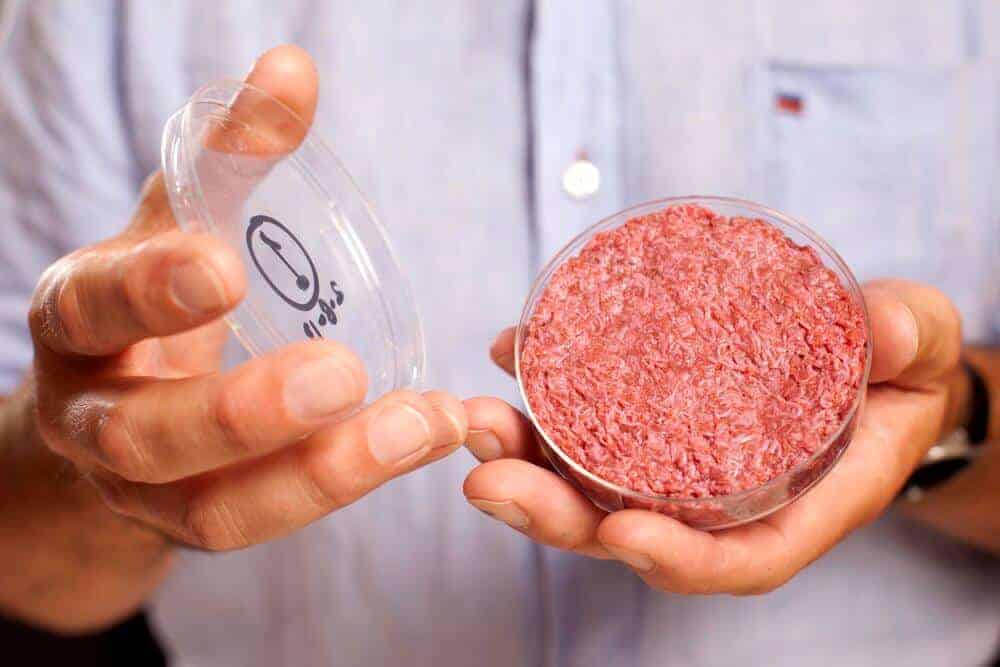When the world’s first cellular burger was publicly presented in December, 2013, the idea of cultivating meat in a laboratory was shrug off as pure science fiction. Seven years later, the vision of cultured meat has become reality: Chicken nuggets from cultured meat are now being served in a restaurant in Singapore since December 2020.
Cultured meat heralds a paradigm shift in the production of meat as it is manufactured by in-vitro cultivation of animal cells. In doing so, cultured meat breaks with the logic of producing meat through livestock farming and animal slaughter.
New consumer preferences open up highly profitable investment opportunities
The idea of cultured meat hits the current zeitgeist. A growing number of people are changing their nutrition habits and are therefore breaking with their traditional consumption patterns. This explains the recent meteoric rise of plant-based meat alternatives. The new generation of plant-based meat alternatives from companies like Beyond Meat and Impossible Foods have successfully entered the mass market backed by a clever strategy: They target consumers who derive pleasure from eating meat, yet still wish to reduce their overall meat consumption. These changing consumer preferences open up a new market segment with highly profitable investment opportunities.
Cultured meat’s economic advantage: A product for all meat eaters
While plant-based meat alternatives imitate meat products, cultured meat is a perfect substitute for conventional meat. Ultimately, it will be impossible to distinguish cultured meat from its conventional counterpart: it smells, looks, and tastes the same. Contrary to plant-based meat alternatives, cultured meat does not target a specific customer group, but appeals to all meat consumers. This is precisely what gives rise to cultured meat’s immense business opportunities.
Cultured meat: A great opportunity to invest in long-term success
The features of cultured meat allow for a quick market penetration, which constitutes its huge economic potential and renders it highly attractive for businesses. Cultured meat not only promises high growth rates in the next years, but also holds the prospect to become one of the fastest-growing market segments in the food industry. Indeed, it is projected that by 2040, the global market for cultured meat will reach $630 billion. Moreover, the technology behind cultured meat allows creating entirely new products and business models in the food sector. For example, cultured meat allows to design meat products with additional value (“functional food”) and hence, offers the chance to tap into the highly profitable market for tailor-made nutrition. Therefore, companies that begin to explore cultured meat now lay the foundation for boosting their profits and strengthening their long-term competitive position in the future.
About the author
As part of his research on the future of agriculture and nutrition, Prof. Dr. Nick Lin-Hi has already been dealing with cultured meat since several years. He is one of the leading experts for cultured meat in Germany and is regularly involved in discussions about its relevance with representatives from business and politics. As professor for business and ethics, he is researching and teaching at the University of Vechta and thus, in Germany’s hotspot of intensive animal farming. TV, radio, and various online and print media are regularly reporting about his work.
What is your stance on cultured meat? Share your perspective in our scientific survey. With just 8 minutes of your time, you can shape the public and scientific discussion about this innovation. For each of the first 300 completed surveys, we will donate 1€ to UNICEF. To take part, simply follow this link:






